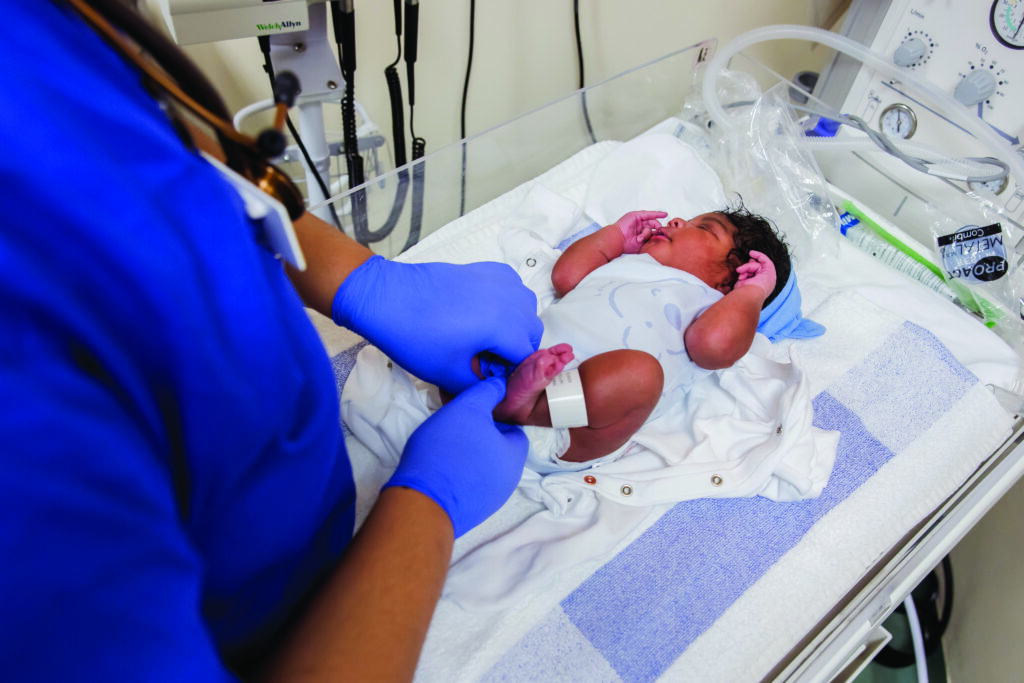Improving maternity outcomes must be a national priority across all UK governments, says the Royal College of Midwives (RCM) in response to the latest Saving Babies’ Lives progress report, from Sands and Tommy’s joint policy unit. The RCM is calling for urgent, coordinated action to address persistent inequalities and prevent avoidable deaths.
The report states that Black women remain more than twice as likely to experience a stillbirth and 1.5 times more likely to suffer a neonatal loss, compared to white women. Stillbirths to Asian women have risen by 10% and neonatal mortality in the most deprived areas has increased for the third consecutive year, while rates in the least deprived areas have continued to fall.
The RCM’s Director of Midwifery, Fiona Gibb, said:
“These are not just statistics; they are families grieving babies who should be here today. The report once again shows stark and entrenched inequalities in pregnancy and birth outcomes. We owe it to the families behind these numbers to act. Every preventable death is one too many and learning lessons from these tragic incidents is key to changing poor and tragic outcomes.
“Midwives are working tirelessly, often beyond their scheduled hours, to provide safe and compassionate care. But without investment in staff, time and training we are seeing widening gaps in outcomes. We know that midwives are increasingly supporting more complex pregnancies and births – especially in areas affected by deprivation – and they need the right support to do this safely. This comes from central government, in terms of investment, but it also comes from focus at Trust and Board level. This is something the RCM is committed to support and why we are holding a maternity and neonatal summit in July for senior NHS leaders.”
The RCM says that while the ambitions outlined in England are welcome, they must be adopted and funded by all UK governments to ensure that women and babies receive equitable care regardless of where they live. It warns that without a whole-government strategy, the disparities seen in the report will continue.
These goals are achievable, but we need to move beyond ambition to action. That means recognising maternity inequalities as a public health emergency and giving this the national priority it deserves.
The RCM also supports the report’s call for better data and evidence to determine the real-world impact of interventions. It is continuing its support for the NIHR’s Maternity Disparities Consortium and is urging maternity services to embed learning about cultural safety, health inequalities and inclusive communication.


